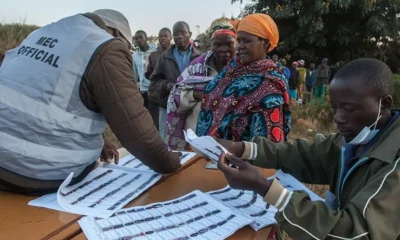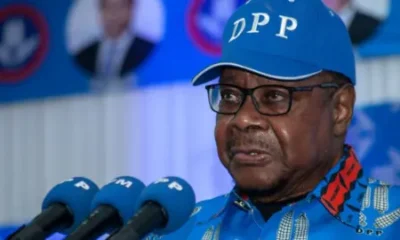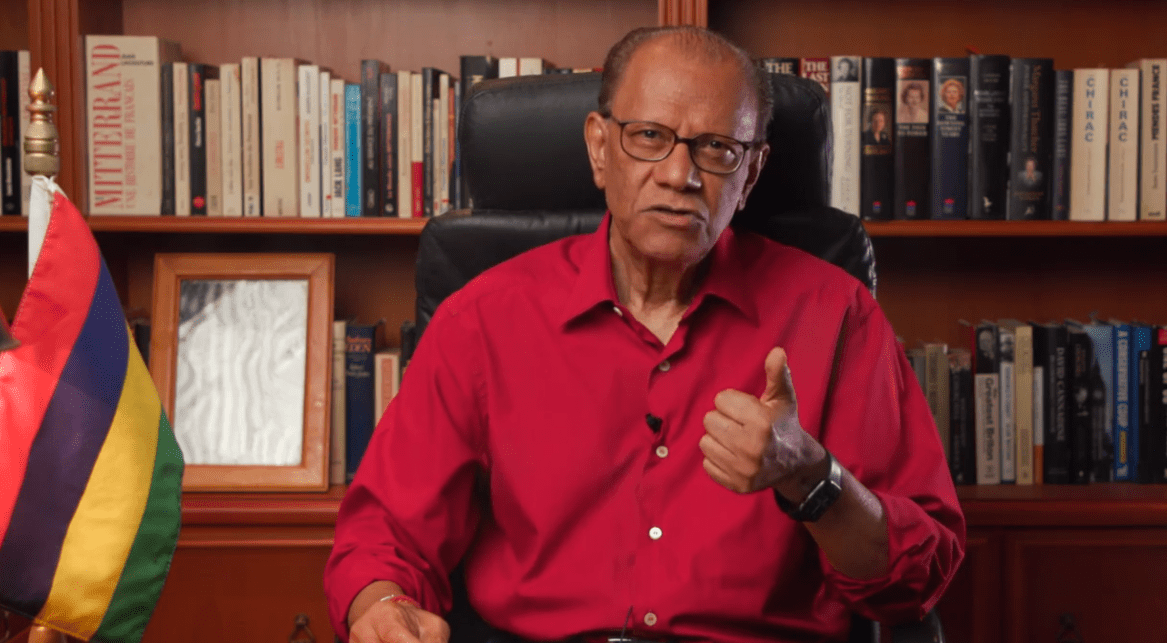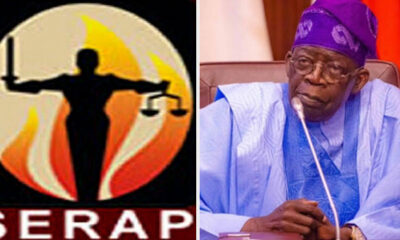An al Qaeda offshoot in North Africa has claimed responsibility for the attack in central Mali, killing at least seven mercenaries from Russia’s Wagner private military contractor company.
Wagner earlier lost a battle in July with mostly Tuareg rebels and Islamists close to Mali’s Algerian border, exposing the perils faced by mercenaries used by military juntas in the Sahel area of West Africa.
The separatists and strong branches of Al Qaeda and Islamic State, which have taken over large areas of the Sahel over the past 12 years, are difficult for Mali and its neighbours Burkina Faso and Niger to control.
The al Qaeda offshoot JNIM claimed responsibility for the Thursday attack, according to a statement from SITE Intelligence Group, which keeps an eye on extremist activity in the area. According to SITE, JNIM captured several weapons and killed seven Russian Wagner mercenaries.
Following an attack, the bodies of at least five white males wearing army fatigues were seen laying near a military truck in a video obtained by Reuters. The validity of the footage could not be confirmed by Reuters.
SITE Intelligence posted images allegedly from JNIM that showed many crates of weapons and ammo together with the dead and bloodied bodies of troops.
Although two local officials acknowledged the incident, a Malian army source claimed to have seen seven dead bodies, including Russian fighters. Five Wagner warriors were slain, according to one of them.
At least six Russians have been murdered in the attack, which was carried out by Katiba Macina, a division of JNIM, according to a consultant working on security in the area.
The expert referred to the Russians as Africa Corps warriors, a paramilitary group under Kremlin leadership that has taken Wagner’s position in Africa throughout the previous 12 months.
Mali has previously said that Russian servicemen trainers are assisting local troops with Russian-purchased weaponry rather than mercenaries.










































